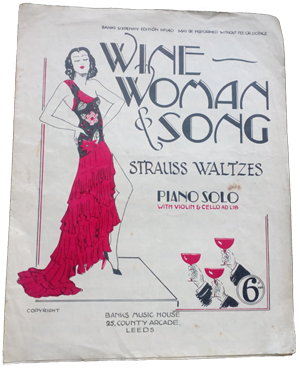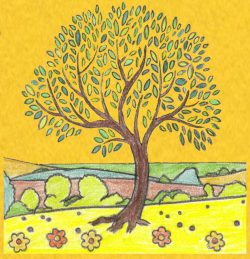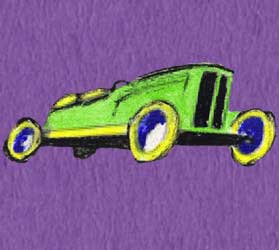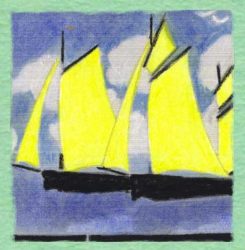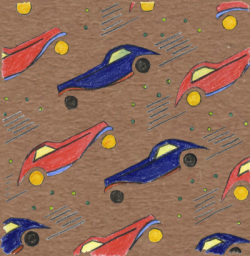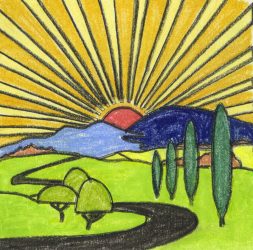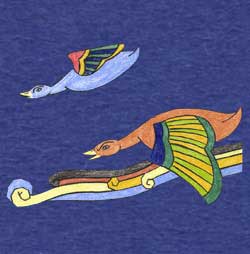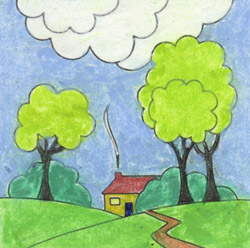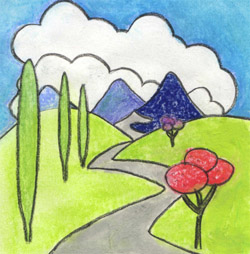Language forms the platform for the words that come and go in fashion. The argot, slang, cant, prototype jargon of emerging technologies . . . all add to the rich mix. As does where and how we were brought up. We outgrow some words and others become part of our DNA even though no-one but our family ever uses them.
My parents were both Londoners and even though I was brought up 80 miles away (considered a significant distance in England) the following cockney rhyming slang always peppered our childhood conversations – never, of course, all in the same sentence:
skin & blister – sister (of which I had 2 so probably said it a lot)
titfer – hat
dicky dirt – shirt
butcher’s hook – look
apples and pears – stairs
use your loaf – think! use your head (loaf of bread = head)
What my characters say helps define them; if I can hear them speaking in my head then I have a fighting chance of being able to portray them as they to you. A little like taking off your best friend’s accent to give a flavour of what she is like. Here are some of the East End phrases I came across in my research and assigned – in my head and sometimes on the page – to the characters in Foul Trade and Found Drowned whenever I wanted their voices heard:
‘Couldn’t swing a cat in here’.
‘You must have smelled the teapot’.
‘Take her down a peg or two’.
‘She’s all fur coat and no knickers, that one’.
‘Put your feet on the mantelpiece and make yourself at home’.
‘All your natural’.
‘Would give anyone the pip, that would’.
Down and out with George Orwell.
Here are the definitions for my little cant test. If you haven’t yet visited Slang and cant: the words and the music then why not do some reverse engineering and see if you can guess what words the 1920’s East End underworld might use for these. I suspect it’ll be pretty impossible – I know the answers and am still unable to work out all the logic.
- A woman.
- Soup.
- To sleep in the open.
- Money given to a beggar.
- A street dancer.
- Tobacco made from cigarette ends.
- To steal.
- A policeman.
- A tramp.
- Lavender or other perfume sold in envelopes.
- A safe.



